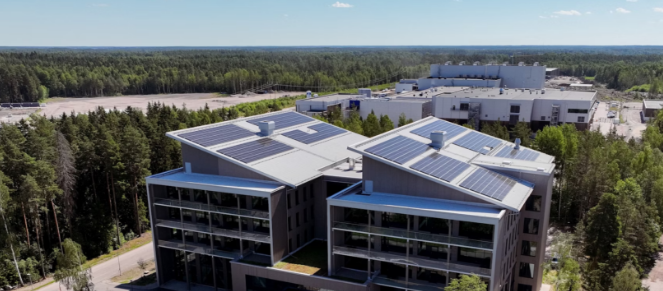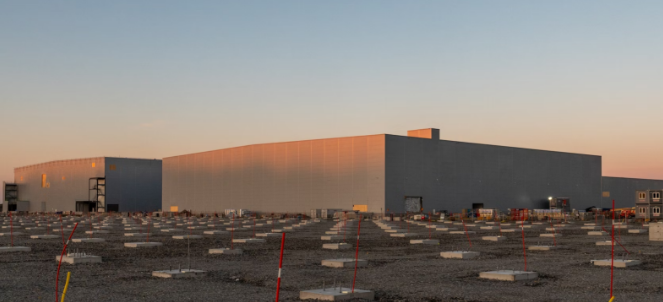Northvolt's Strategic Pivot: Europe's Battery Manufacturing at Critical Juncture
Published: February 13, 2025 10:47
Battery maker Northvolt has agreed to sell its remaining stake in recycling venture Hydrovolt to Norsk Hydro for 78 million Norwegian kroner ($6.8 million), Bloomberg reports. The deal, expected to close this quarter pending approvals, will give Hydro full ownership of the venture.
While Hydrovolt had ambitious plans to scale up to 300,000 tons by 2030, Hydro has been solely funding operations since late 2024. A Hydro spokesperson indicated the company is open to bringing in new partners.

source: Northvolt
A Small But Crucial Lifeline
On November 21 last year, Northvolt and its subsidiaries filed for Chapter 11 bankruptcy protection, which helped secure approximately $145 million in cash collateral and $100 million in debtor-in-possession (DIP) financing. The DIP financing comes from Scania, one of Northvolt's major customers, while the bankruptcy reorganization is expected to cost $150 million.The sale comes as Northvolt navigates Chapter 11 bankruptcy protection, which it filed for in November last year. The restructuring process has secured $145 million in cash collateral and $100 million in financing from key customer Scania.
Although the proceeds from selling the remaining Hydrovolt stake are relatively modest, they represent another step toward reaching the reorganization target for Northvolt, which is actively seeking funds during its bankruptcy restructuring.
Mixed Signals from Stakeholders
Earlier this month, major shareholders including Volkswagen, Goldman Sachs, and BMW voted to continue the restructuring rather than liquidate the company. Northvolt aims to complete reorganization by Q1 2025.However, investor confidence appears shaky. Volkswagen has written down its stake from $900 million to $693 million, while Goldman Sachs wrote off $896 million. Scottish fund Baillie Gifford slashed its valuation from £375 million to £20 million. BMW canceled a €2 billion battery order last June.

source: Northvolt
Core Challenges
Northvolt's primary challenges center on funding and production capacity. Despite ambitious expansion plans backed by major investors, the company has struggled with production delays and quality issues, leading to BMW's cancellation of its multi-billion-euro battery contract.
More critically, since early September, Northvolt has failed to meet weekly production targets for shippable batteries. The company ended 24/7 production cycles on November 11, switching to weekday-only operations. One of two buildings at the Skelleftea factory suspended production in late October, with the shutdown expected to last at least through December.
However, on January 13, Scania CEO Christian Levin stated, "Weekly deliveries are actually higher than ever before. I don't want to speculate on whether Northvolt will survive. We're working with them to ensure their survival."
While scaling production requires substantial capital, Northvolt initially seemed well-funded, having raised over $15 billion with $50 billion in orders. Yet it never achieved even 1GWh capacity. The company's expansion plans for facilities in Sweden, Germany, and Canada are now on hold. With debt reaching $5.84 billion and a projected $5 billion funding gap for planned expansions, Northvolt's struggles highlight broader challenges in Europe's battery industry.
European battery cell production currently accounts for just 3% of global capacity, far short of the EU's 25% target for 2030. Other setbacks include Britishvolt's bankruptcy and ACC's suspended construction plans in Germany and Italy, raising questions about Europe's battery manufacturing ambitions.
